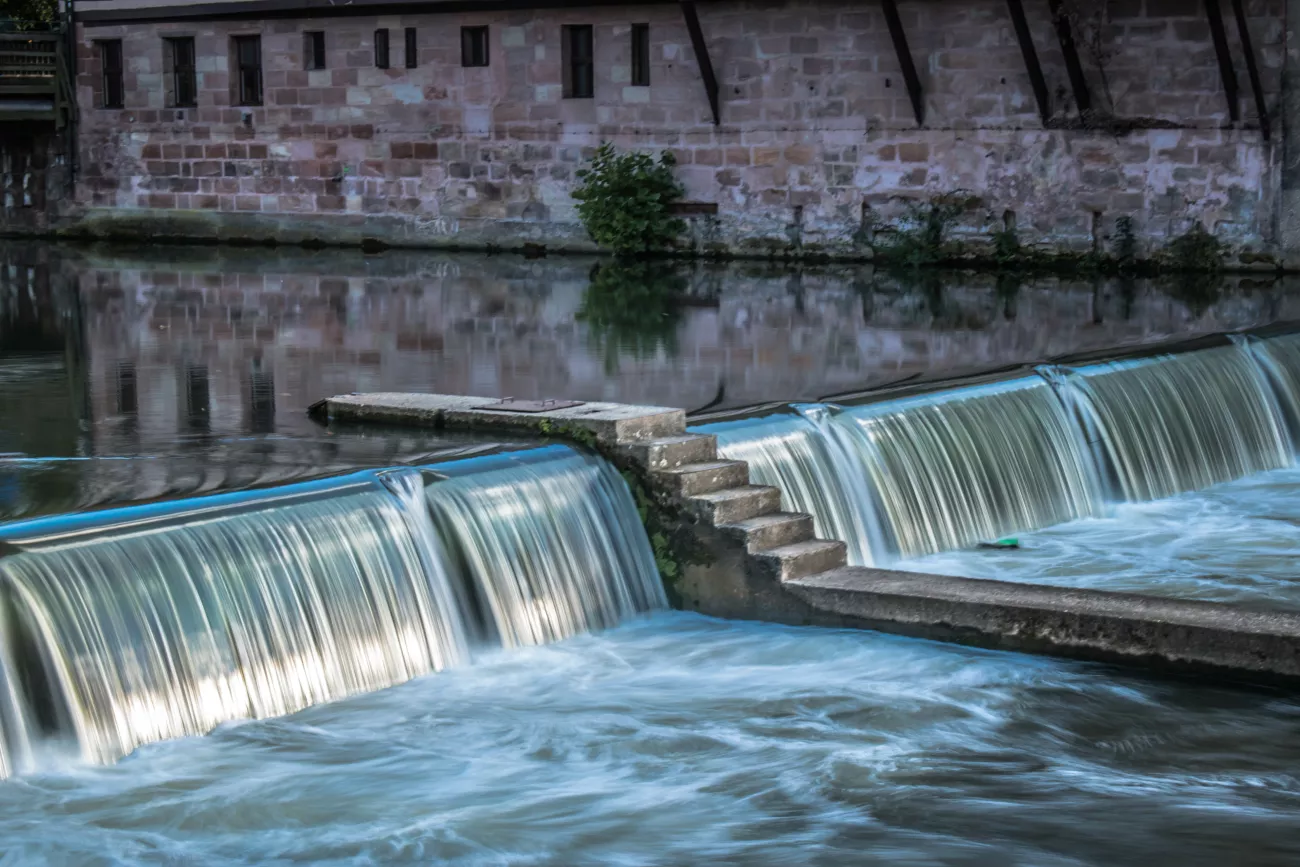The call’s overarching aim was to develop technological solutions for water and wastewater treatment, risk assessment, cost-effectiveness, and quality of life improvements. The funded projects tackled European water challenges by generating new scientific knowledge and pioneering innovative management, treatment, and mitigation measures.
Joint Call 2015 - WaterWorks 2014
The WaterJPI pooled resources from 17 Funding Partner Organisations across 15 countries to launch a 2015 Joint Transnational Call for R&I proposals under the theme “Research and Innovation for Developing Technological Solutions and Services for Water Systems”, covering:
1. Water Treatment, Reuse, Recycling, and Desalination
2. Water Resources Management
3. Mitigation of Extreme Events (Floods and Droughts) at the Catchment Scale

The ERA-NET Cofund WaterWorks2014 was launched on March 2, 2015, in support of the Water JPI, under Horizon 2020 (H2020). It responded to the Societal Challenge 5 Call Topic Water-3 [2014], aimed at enhancing EU research and innovation cooperation in the water sector.
WaterWorks2014 marked a significant step in the planning and implementation of Water JPI activities, contributing to reducing the fragmentation of European water-related Research and Innovation (R&I) efforts and reinforcing the European Research Area (ERA).
The initiative fostered the free circulation of researchers, scientific knowledge, and technology, ultimately strengthening European competitiveness.
WaterWorks2014 united 19 Water JPI member and associated partner countries with the following key aims:
• Pooling financial resources to launch a transnational and multidisciplinary cofunded Call for R&I proposals.
• Overcoming fragmentation of European water-related R&I activities.
• Supporting EU policies and initiatives in the field of water.
• Enhancing the implementation and development of the Water JPI.
Final Project Booklet
Download the Final Project BookletOpen data & Open access
Find all the Open Data & Open Access data related to the projects funded within the Joint Call 2015 - WaterWorks 2014.